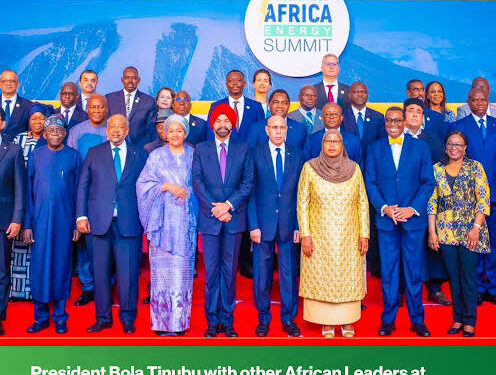The Arrogance of Ignorance: Why Africa Must Learn from India’s Intellectual Ascent
By Basil Odilim
Across today’s most influential tech giants—Google, Microsoft, OpenAI, Tesla, Amazon—one common thread stands out: Indian minds are in charge. From breakthrough innovations to billion-dollar boardrooms, Indian-origin leaders are shaping the digital and industrial future of humanity.
It’s no accident. This emergence is the result of deliberate investment in education, a culture that respects intellect, and a global mindset that sees knowledge as power.
Africa, by contrast, remains largely a consumer in this global ecosystem. What do we bring to the table? More often than not, just raw materials—oil, minerals, agricultural exports—while others bring ideas, patents, platforms, and products.
In the age of artificial intelligence, genomics, and space technology, Africa is still exporting cocoa and crude oil. Not because we are not talented, but because we refuse to cultivate our most valuable resource: the mind.
Worse, in place of merit, we have built a society that glorifies mediocrity wrapped in wealth. I go to the courts and watch, embarrassingly, as many senior advocates are treated like gods—not because of their arguments or jurisprudence, but because of the kind of toys they own and the fabrics of their agbadas.
You see young Nigerians being chauffeur-driven, not for inventing anything or solving problems, but simply for inheriting wealth or manipulating the system.
Here, your respect is based not on the clarity of your ideas, but on the brand of your wristwatch and the horsepower of your SUV. That’s why *refraffs*—those with no intellectual or moral value—have become our celebrities. Loudness has replaced substance. Luxury has replaced learning. Ego has replaced excellence.
I once worked with a legal counsel so intoxicated by his self-image that he dismissed others as nobodies. Should he ever meet Elon Musk, I have no doubt he’d still try to look down on him. That’s the depth of the delusion.
But in reality, true intellect is humble. The creators of the complex algorithms that power the tools we all use are not defined by their wardrobes or their cars. They are defined by their curiosity, their discipline, and their commitment to lifelong learning. They don’t need to shout. Their work speaks for them.
India recognized this. They invested in world-class institutions, embraced competition, and gave their brightest minds permission to reach for the world—even if it meant doing so outside their national borders. Today, their diaspora is transforming every industry it touches.
Africa must wake up. Until we value knowledge over noise, ideas over image, and merit over mediocrity, we will remain sidelined. We will continue to import what others invent and celebrate what others create.
We must choose—do we want to be a continent of chauffeurs and consumers, or builders and innovators? The answer lies in how we treat our minds—and each other.





































